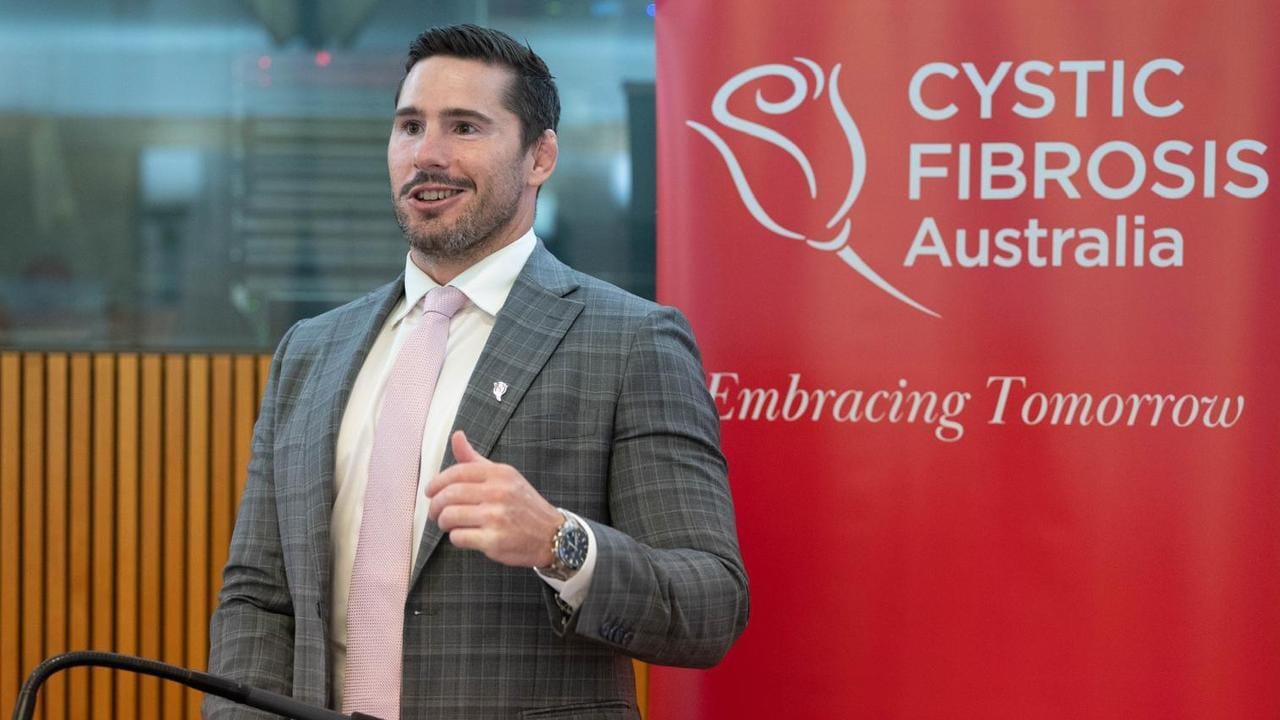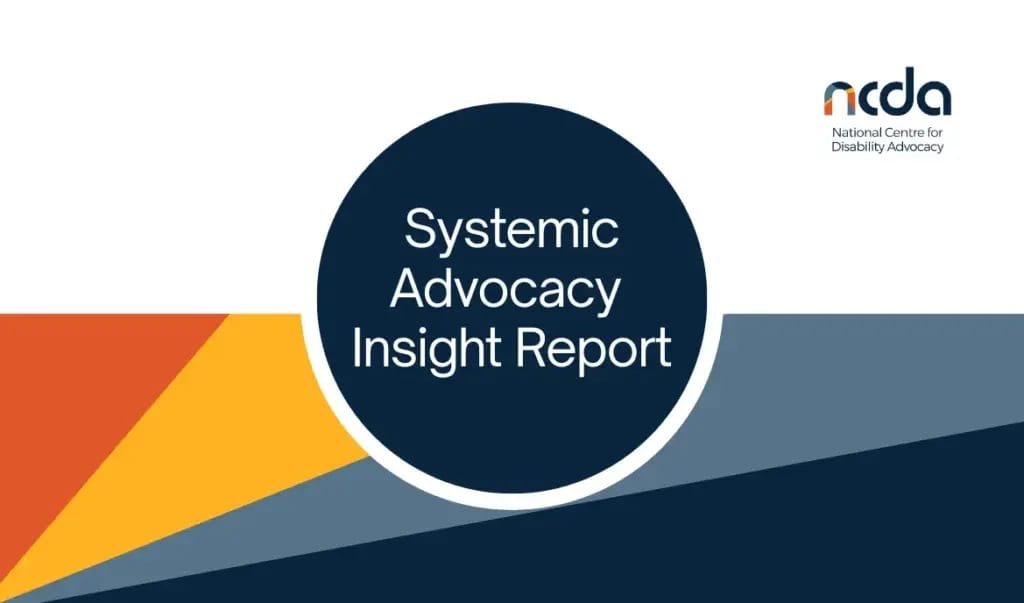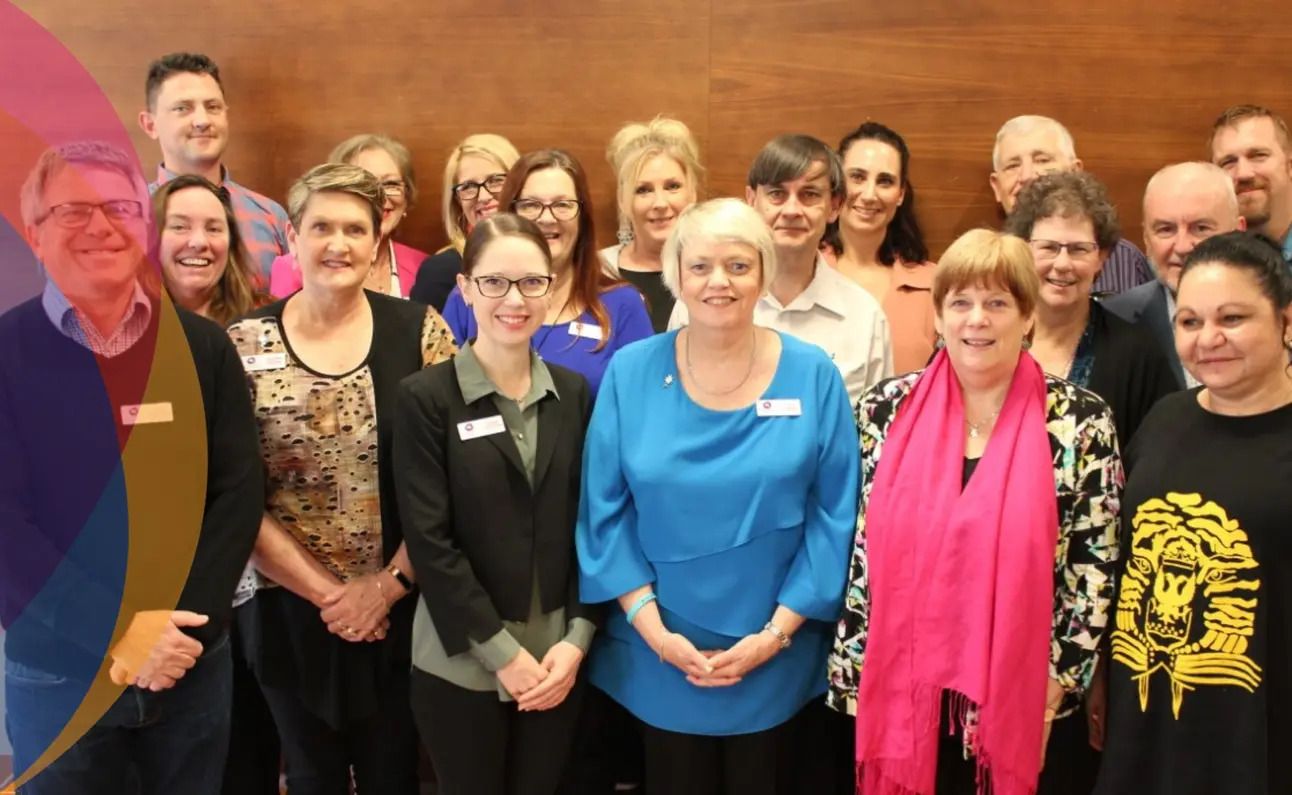The abilityNEWS Daily
The Big Story

Former Wallaby Nathan Charles lives with cystic fibrosis (photo courtesy The Australian)
Government to Cover Cost of $250,000 Life-Saving Drug for Australians with Cystic Fibrosis
The federal government will now foot the bill for a cystic fibrosis treatment that would otherwise cost patients up to $250,000 a year, bringing life-saving access within reach for hundreds of Australians from 1 July.
The breakthrough drug Trikafta, described as a “wonder drug” by doctors and patients alike, will be listed on the Pharmaceutical Benefits Scheme (PBS) for people with rare and ultra-rare cystic fibrosis gene mutations.
Under the listing, patients will pay just $7.70 with a concession card or $31 (dropping to $25 in January) without one. The remaining cost — hundreds of thousands of dollars annually per person — will be covered by the government.
Health and NDIS Minister Mark Butler said more than 90% of Australians with cystic fibrosis will now have affordable access to the therapy. “We’re talking about transforming and extending lives — sometimes within days,” he said.
Cystic Fibrosis Australia CEO Jo Armstrong called the announcement a “huge win” after years of advocacy. “Many people never imagined they’d live to see this day. Today, hope has become reality,” she said.
The decision places Australia among the global leaders in equitable access to cystic fibrosis care. This is now the case not only for those with common gene types, but also for patients with rare variants who were previously excluded from treatment.
Former Wallaby Nathan Charles, who has cystic fibrosis, described the expansion as a “second chance at life.” During a short trial, his lung function jumped 13% in two days. “The only thing that stopped me from accessing it was the cost. That changes today.”
Editor’s Note

Inman Grant (photo courtesy The Australian)
Yesterday, eSafety Comissioner Julie Inman Grant explained exactly why she’s calling for a ban on social media platforms for young children. “They’re vulnerable,” she told the National Press Club.
abilityNEWS had a simple question. “How about People with Disability? We’re vulnerable too?” She nodded. “Absolutely,” she agreed, but added that this doesn’t mean there are similar plans to restrict access for PwD. The reason for that is simple and technical.
Grant explains it’s comparatively easy to work out the age of somebody using a computer from the way they use the keyboard. And she also explained she’s well aware of the human rights issues that surround people’s right to access the internet.
She’s thought this battle through, and that’s why she’s focusing on children first. Implementing age-based restrictions is achievable.
There are no plans to extend that ban to others. At the moment, anyway.

Launching the second annual 'Systemic Advocacy Insight' report
by Disability Advocacy Network Australia
The National Centre for Disability Advocacy has released its second annual report, exposing systemic inequality faced by people with disability. The report urges stronger policy change after uncovering harm across housing, guardianship, transport and child protection.
Summer Foundation's evaluation of shared support facilitation
by Summer Foundation
An evaluation of a shared support facilitation model found it improved decision-making for NDIS participants in shared homes. Independent facilitators helped residents resolve practical issues and influence how their support services were delivered.
Shaping the Future of MS Research: A Review of MS Australia’s Research Program
by Multiple Sclerosis Australia
MS Australia has reviewed its research program to strengthen scientific efforts and improve outcomes for those living with multiple sclerosis. The report outlines current research priorities, funding structures, and future directions in the fight against the neurological condition.
Our nurses, our future: Caring for MS nurses
by Multiple Sclerosis Australia
MS Australia highlights the vital role of specialised nurses in improving outcomes for people living with multiple sclerosis. The organisation urges better support, recognition and career development for these essential healthcare professionals.
Call for blog pitches: ‘Doing Adulthood’
by Children and Young People with Disability Australia
CYDA is commissioning a blog series focused on the experiences of young disabled people navigating adulthood and independence. Contributors will be paid to share personal stories reflecting on growing up with disability.

Peer workers convert lived experience into expertise and knowledge
The Wrap
Federal government urged to stop cuts amid NDIS overhaul
by 7 News
Thousands of Australians with disability are calling on the federal government to urgently reverse funding changes that could slash access to vital health services. Physiotherapists, psychologists, podiatrists and other professionals warn the cuts will threaten independence, dignity and even safety for many NDIS participants.
NDIS funding review sparks concerns over access to physiotherapy services
by Nine News
There are fears changes to funding the National Disability Insurance Scheme (NDIS) will reduce the amount subsidised for travel expenses claimed by mobile providers. Currently, providers can claim their full service fee for a one-hour round trip to a client's location. The revised guidelines will only subsidise half of this fee, a change that has prompted strong reactions from both healthcare professionals and families who rely on these services.
Healthcare providers warn some regional services will be 'unviable' as NDIS cuts travel allowance in half
by ABC
Speech pathologists, occupational therapists, physiotherapists and other allied health professionals travel to participants in rural and regional areas to provide services. Some providers say their business models will become unviable. The price changes will take effect on July 1.
Proposed NDIS travel allowance cuts, a blow to rural providers and people with a disability
by Medianet
Proposed changes to travel allowances raise serious concerns for regional and remote communities, severely impacting the delivery of essential support services. Under the proposed changes, providers will face limits on the travel they can claim when supporting participants. This poses a major threat to clinicians working in rural Australia, where long-distance travel is a necessity, not a choice.
The Diary

